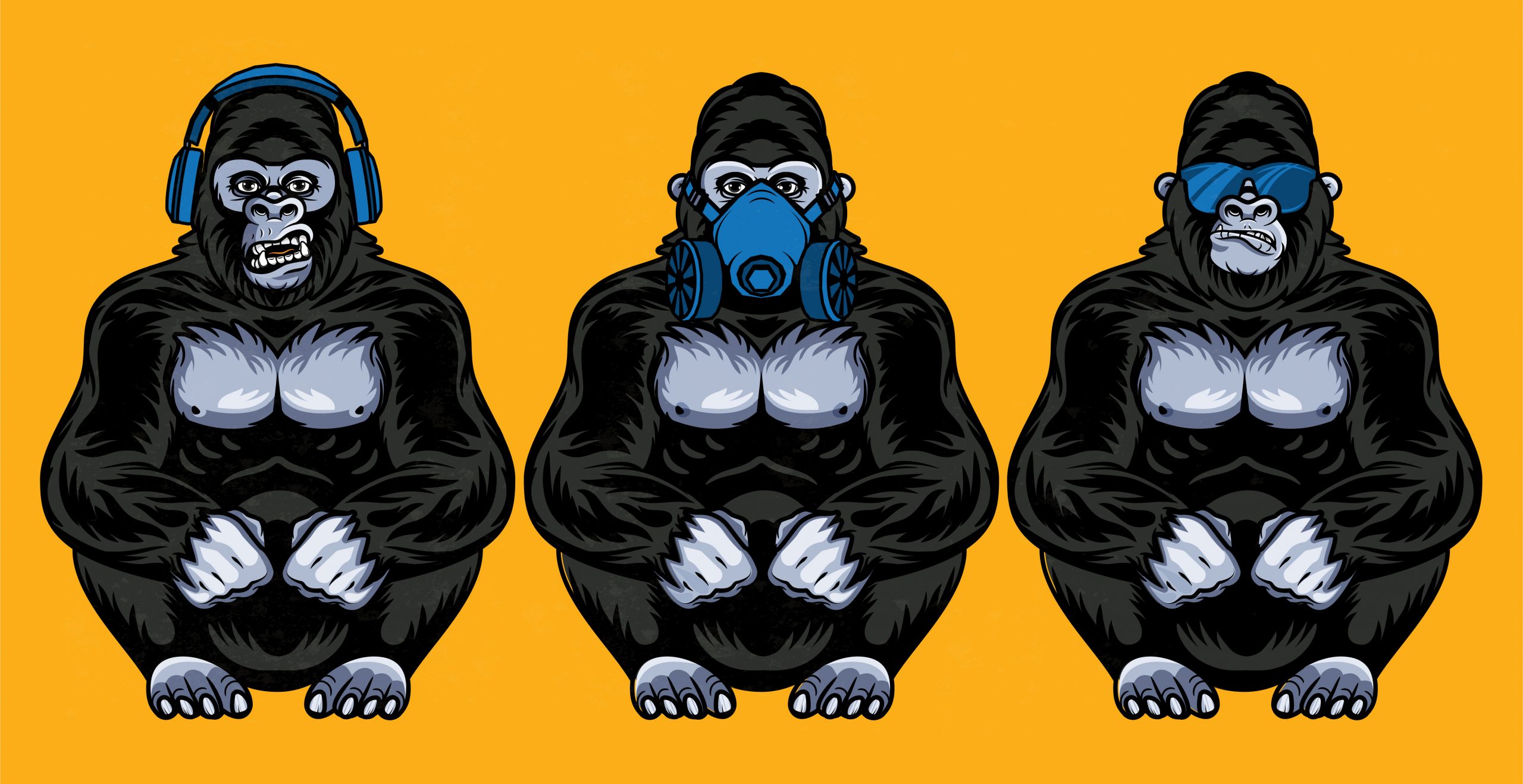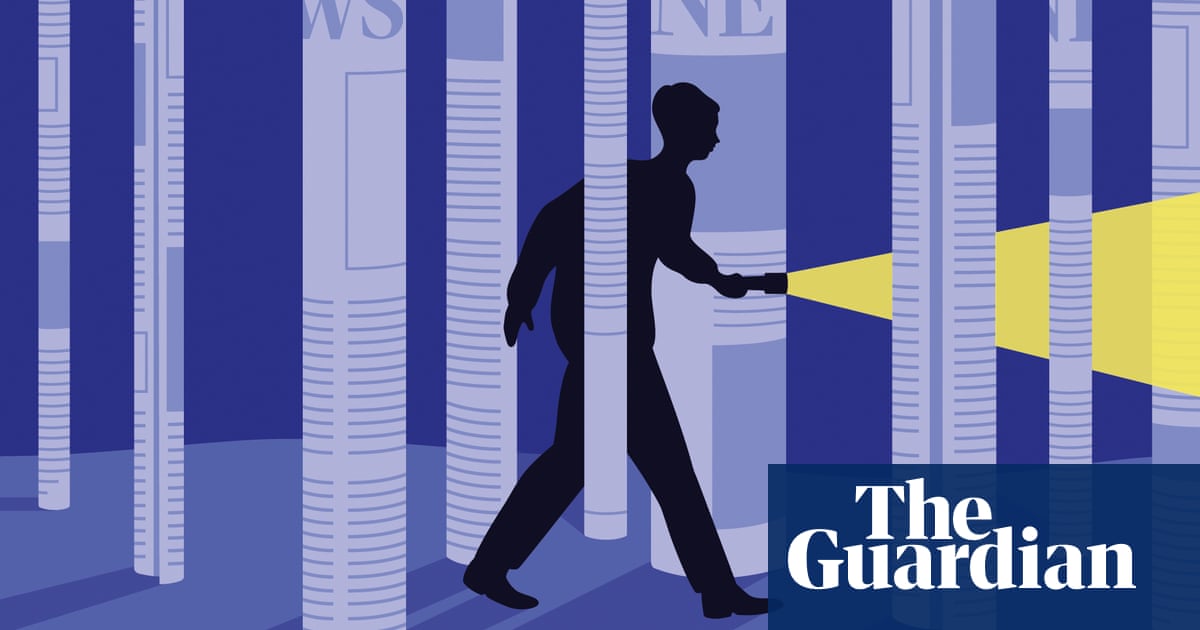From the Sublime to the Ridiculous…

Sinead Murphy
As 2020 dawned, two concepts came to loom on our horizon: ‘pandemic’ and ‘lockdown.’ Within a month or two, they had cast their pall over the whole of the human world.
The concepts ‘pandemic’ and ‘lockdown’ share something quite fundamental. They each describe an absolute: a disease that affects all people everywhere and a state of complete incarceration.
Human reality does not admit of absolutes. There can be no disease that affects all people everywhere – even the most ardent of the Covid convinced accept that certain demographics are more or less immune to SARS-CoV-2.
And no confinement of populations outside of carceral institutions can so much as approach any kind of completeness – the ‘Zero Covid’ policies adopted by some governments have been nonsensical failures.
Yet, notwithstanding that what they describe cannot be real, the concepts ‘pandemic’ and ‘lockdown’ produced a stunning effect. Whole swathes of people heretofore capable of rational thought and moral feeling fell helplessly under their spell. The more impossible the ‘pandemic’ was proven to be, the more it was believed in. The more hallucinatory the ‘lockdown’ was revealed as, the more it was revelled in.
As the Covid phantasm of total disease and its total containment ran more and more against the grain of evidence, understanding and sympathy, it was cleaved to more closely and brayed about more feverishly.
There was no denying it: people seemed high on ‘pandemic’ and ‘lockdown,’ on a trip that they desperately wanted not to end.
Towards the close of the eighteenth century, the philosopher Kant detailed just that brand of irrational pleasure that has decommissioned the sound faculties of so many on their Covid high. Kant described the experience in a small corner of his great work on human thought and action, possibly aware of its devastating potential to set all things human at naught. What he described was the sublime.
There are times, Kant wrote, when we come suddenly before a mountain of magnificent height. We are rounding the bend on an Alpine climb, perhaps, and all at once a nearby peak is disclosed to us. The suddenness and the proximity are crucial in the case – with no time in which to calibrate and no space in which to compare, the mountain appears as absolutely massive, too immediate to be placed in relation to other features of the landscape or to smaller, more digestible, parts of itself.
In these moments, Kant argued, our faculties are thrown into disarray. Robbed of the time and space in which to grasp an object in relation to other objects of our experience, we are bereft of the very conditions of experience, unable even to conceive of that which we are yet, somehow, being struck by.
Such experiences are naturally painful, involving the near dismantling of our faculties. But they are also pleasurable, Kant claimed – an experience that cannot be contained by the time and space necessary for human experience is, by definition, other-than-human – superhuman; that we can have such an experience at all, albeit as the painful devastation of the conditions for experience, is gratifying, flattering even.
We humans have at least a feel for the superhuman, if only as the destruction of all that is human. We humans can at least be moved by absolutes if only as the tremors of our demise.
Is it this feeling, this frisson, that Covid has given to so many? Were the prospect of a ‘pandemic’ and the promise of a ‘lockdown’ – so suddenly put before us and so garishly and relentlessly – as pleasurable as they were painful? Was their assault upon the conditions of human reason experienced as gloriously sublime? Did their threat to everything that we had heretofore known make us feel, not beneath ourselves but above ourselves, not subhuman but superhuman, not at sea but on Cloud Nine?
Is that why so many wanted – why so many still want – the Covid show to go on?
If so, then the Covid narrative succeeded not despite its premises and conclusions being irrational but because its premises and conclusions were irrational. After all, an absolute threat and its absolute mitigation would have to seem to our mere human faculties to be irrational. We enjoyed the experience of God-like insight directly in proportion to our setting aside everything that we had previously known to be right and good.
The sublime has always the tendency to collapse into the ridiculous, of course. If the bubble bursts, if the irrationality and inhumanity of it all cease to make us feel as if we are in the presence of absolute truth, then they appear as nothing more than what they really are: irrational and inhumane.
The emperor may stun his people with the shock-and-awe magnificence of his display, but once a lone voice cuts through the effect he can never be more than a contemptible figure with no clothes on.
There seemed many occasions on which the Covid sublime might have been punctured – the Scotch Egg debate surely threatened it, as must have the cobbled rules about numbers of guests allowed in the home or types of expedition that count as daily exercise.
In the end, it has been the slow accumulation of these and many other paltry calculations and pathetic protocols that has slowly slid the Covid sublime into inevitably ridiculous decay.
Which may be why they needed a new disease. A new ‘pandemic’ requiring a new ‘lockdown,’ so that the sublime devastation of all things human might resume in earnest once again.
The problem is, they got its name wrong.
Not the obscurely scientific ‘SARS-CoV-2.’ Nor the more generic but imperious sounding ‘Coronavirus.’ But ‘Monkeypox.’ Monkeypox. Even the word ‘pox’ is comfortably installed in our vernacular as somewhat comic, let alone all the established connotations of ‘monkey’ contained in ‘You monkey!’, ‘monkey-business,’ and all the rest.
Monkeypox is an endemic disease, in many African countries at least. It is certainly real and, no doubt, sometimes serious. But its name, for all that, is ridiculous and will never occasion the sublime.
The World Health Organization is rushing to relabel its new ‘pandemic,’ scrambling to come up with a grander tag for the next global threat to human survival. They will find one, no doubt.
But however fine it will sound – however impressively technical or profoundly world-historical – will it work to bring the people under its spell? Has anything ever gone from the ridiculous to the sublime?
Sinead Murphy teaches Philosophy at Newcastle University. Her most recent publication is Zombie University: Thinking Under Control (Repeater, 2017).
This article has been archived for your research. The original version from OffGuardian can be found here.


